Keywords: Disability Services
-
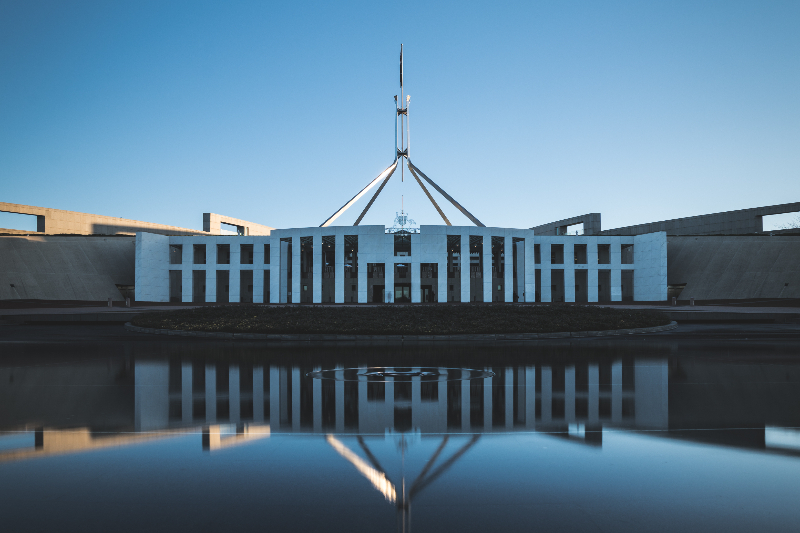
AUSTRALIA
- Frank Brennan
- 22 February 2022
1 Comment
In recent days, if you were to listen to the media reports, you could be forgiven for thinking that religious educators want to retain a right to exclude children or teachers from their schools on the basis of their gender or sexual orientation. Nothing could be further from the truth. Or nothing should be further from the truth.
READ MORE
-
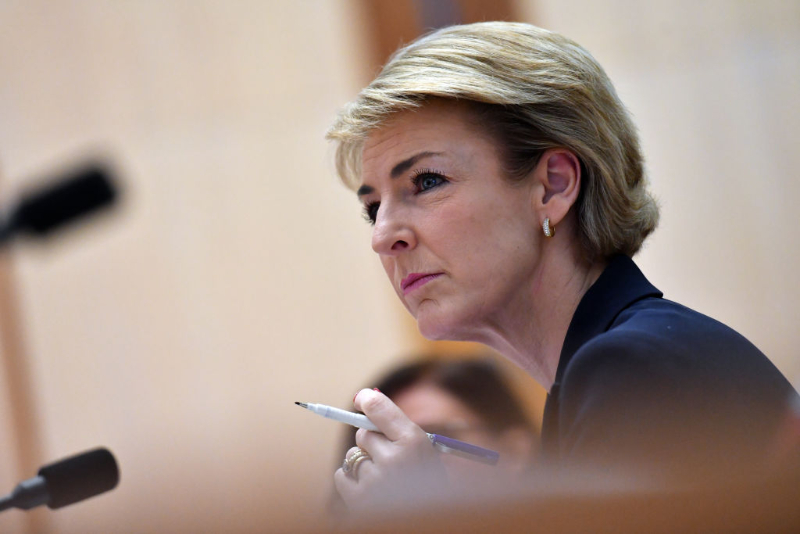
AUSTRALIA
- Frank Brennan
- 11 January 2022
2 Comments
It’s four years since the Australian Parliament amended the Marriage Act 1961 to provide that marriage means ‘the union of two people to the exclusion of all others’. The legislation followed the plebiscite on same sex marriage. To address the concerns of some religious groups, Prime Minister Malcolm Turnbull set up an expert panel chaired by long time Liberal Party minister Philip Ruddock to report on whether Australian law adequately protected the human right to freedom of religion.
READ MORE
-
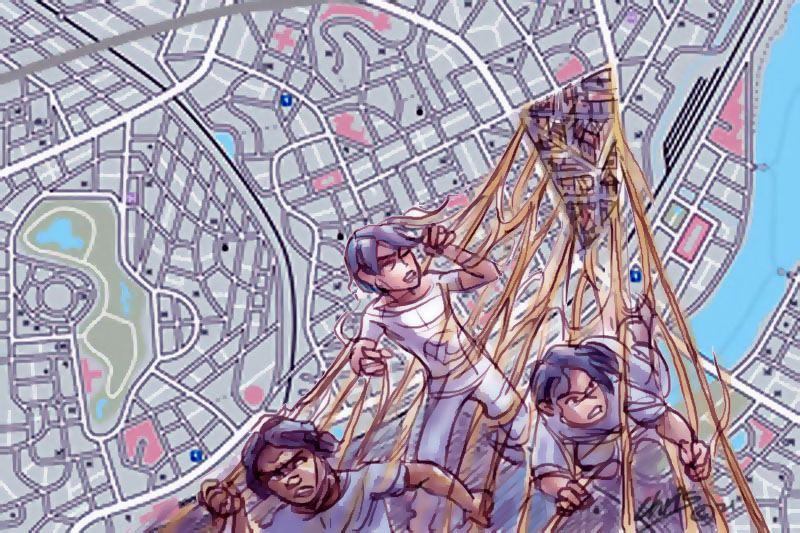
AUSTRALIA
- Ross Homel
- 09 December 2021
2 Comments
A small minority of localities situated outside Greater Brisbane suffer from disproportionately high rates of a wide array of problems including low income, overcrowding, long-term unemployment, particulate matter in the air, no internet, child maltreatment, and youth crime. These different strands of disadvantage pile-up and interlock, countering attempts to break free.
READ MORE 
-

AUSTRALIA
- Frank Brennan
- 17 November 2021
63 Comments
It’s four years since the Australian Parliament amended the Marriage Act 1961 to provide that marriage means ‘the union of two people to the exclusion of all others’. The legislation followed the plebiscite on same sex marriage. To address the concerns of some religious groups, Prime Minister Malcolm Turnbull set up an expert panel chaired by long time Liberal Party minister Philip Ruddock to report on whether Australian law adequately protected the human right to freedom of religion.
READ MORE 
-
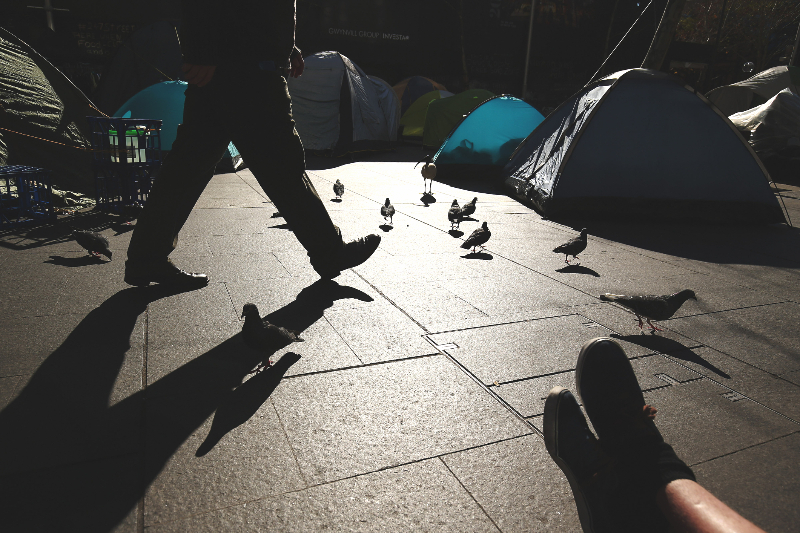
AUSTRALIA
- Claire Victory
- 26 October 2021
14 Comments
We don’t need further commentary that gives people who are well off yet another excuse to demonise people living in poverty and to blame them for their circumstances. It lets governments off the hook – governments which should be addressing the structural causes of poverty.
READ MORE 
-
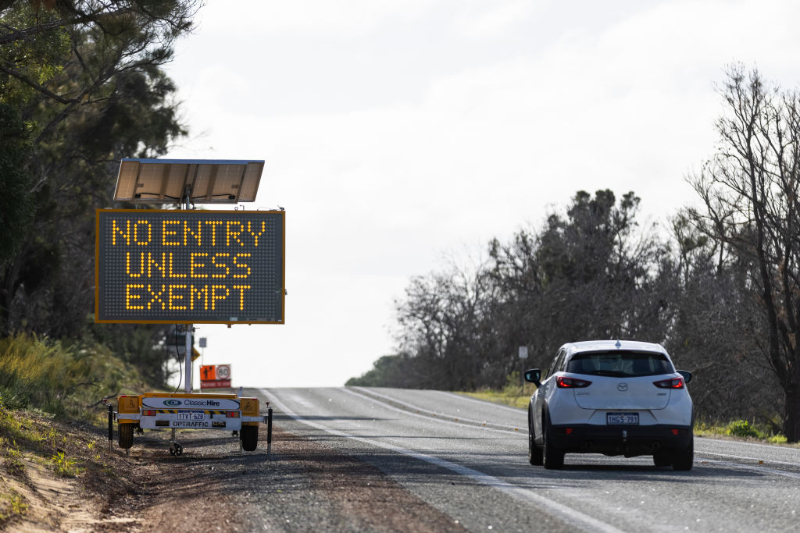
AUSTRALIA
- Frank Brennan
- 09 September 2021
5 Comments
Clive Palmer is one Australian wanting to smash border restrictions during this time of pandemic. He is threatening to go back to the High Court seeking recognition of his right as an Australian citizen to travel freely between the States. In particular he claims the right to enter Western Australia where he has significant mining interests.
READ MORE 
-

AUSTRALIA
- Cristy Clark
- 17 June 2021
2 Comments
About 1 in 6 Australians (18 per cent) live with disability, and many of these 4.4 million people face daily barriers to their full inclusion in education, work, services, activities, etc, not because of their disability, but because access has been structured around the needs, capacities and preferences of people who do not live with disability. Exclusion has always been a choice, but the pandemic has laid this reality bare.
READ MORE 
-
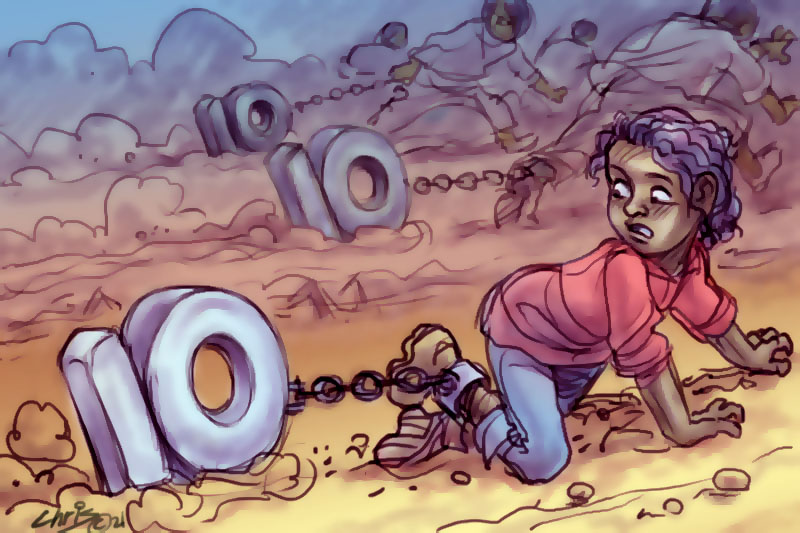
AUSTRALIA
- Celeste Liddle
- 15 June 2021
9 Comments
Those two little boys turn ten this year, reaching a milestone most Australians celebrate simply as reaching 'double figures'. Yet with these double figures comes a new threat most Australians aren’t aware of: they will also reach the age of criminal responsibility.
READ MORE 
-

AUSTRALIA
In legislatures around Australia at present euthanasia is a staple item. It is vital that euthanasia legislation ought to balance the liberty of the invulnerable against the safeguarding of the vulnerable, especially the elderly and people with disabilities.
READ MORE 
-
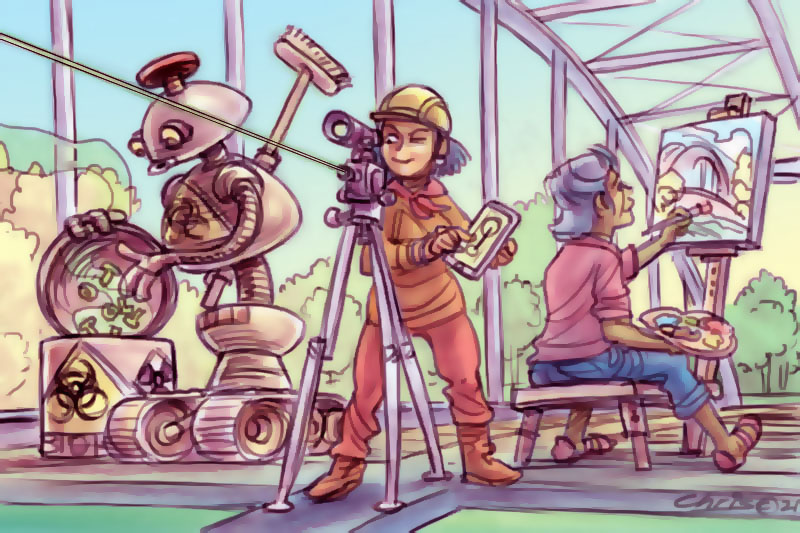
AUSTRALIA
The debate about the future of work, and therefore UBI, was hijacked by a reductive media narrative around ‘the robot question’ and this has made it hard to recognise the complex nature of the changes underway.
READ MORE 
-
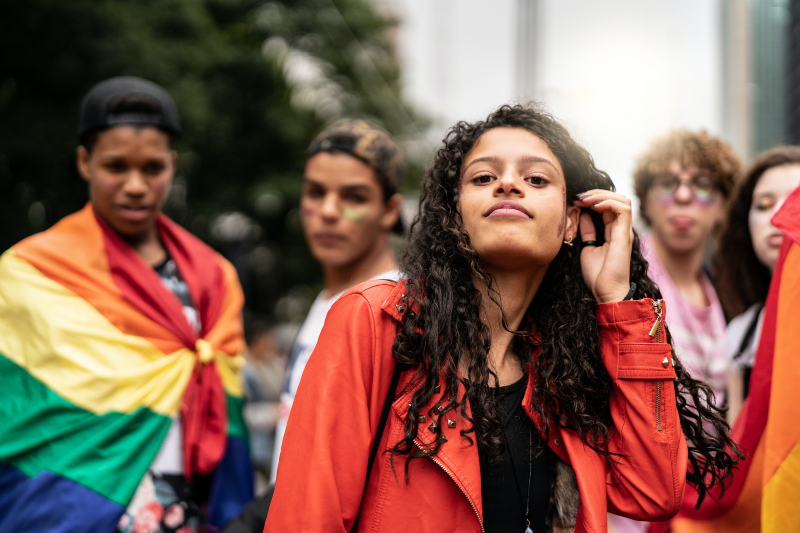
AUSTRALIA
The Prime Minister has recently denounced ‘the growing tendency to commodify human beings through identity politics‘. In doing so, he raises a number of important questions. The claim of ‘commodification’ of human beings and their relations is a powerful one.
READ MORE 
-
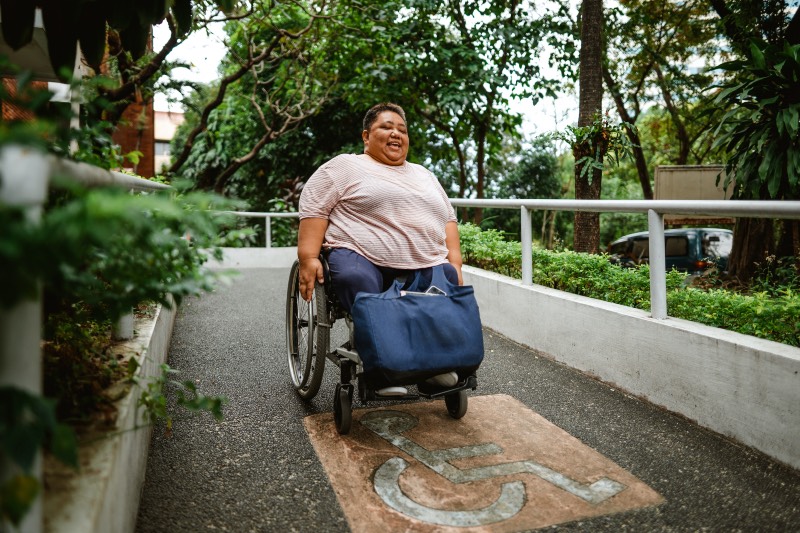
AUSTRALIA
Right now, there is a fight on for the future of the NDIS. On one side is the Federal Government, determined to have total control over the Scheme, and to change its very fundamentals. On the other side are disabled people across Australia, disability advocacy organisations, allied health workers and disability service providers, urgently telling them to stop.
READ MORE 